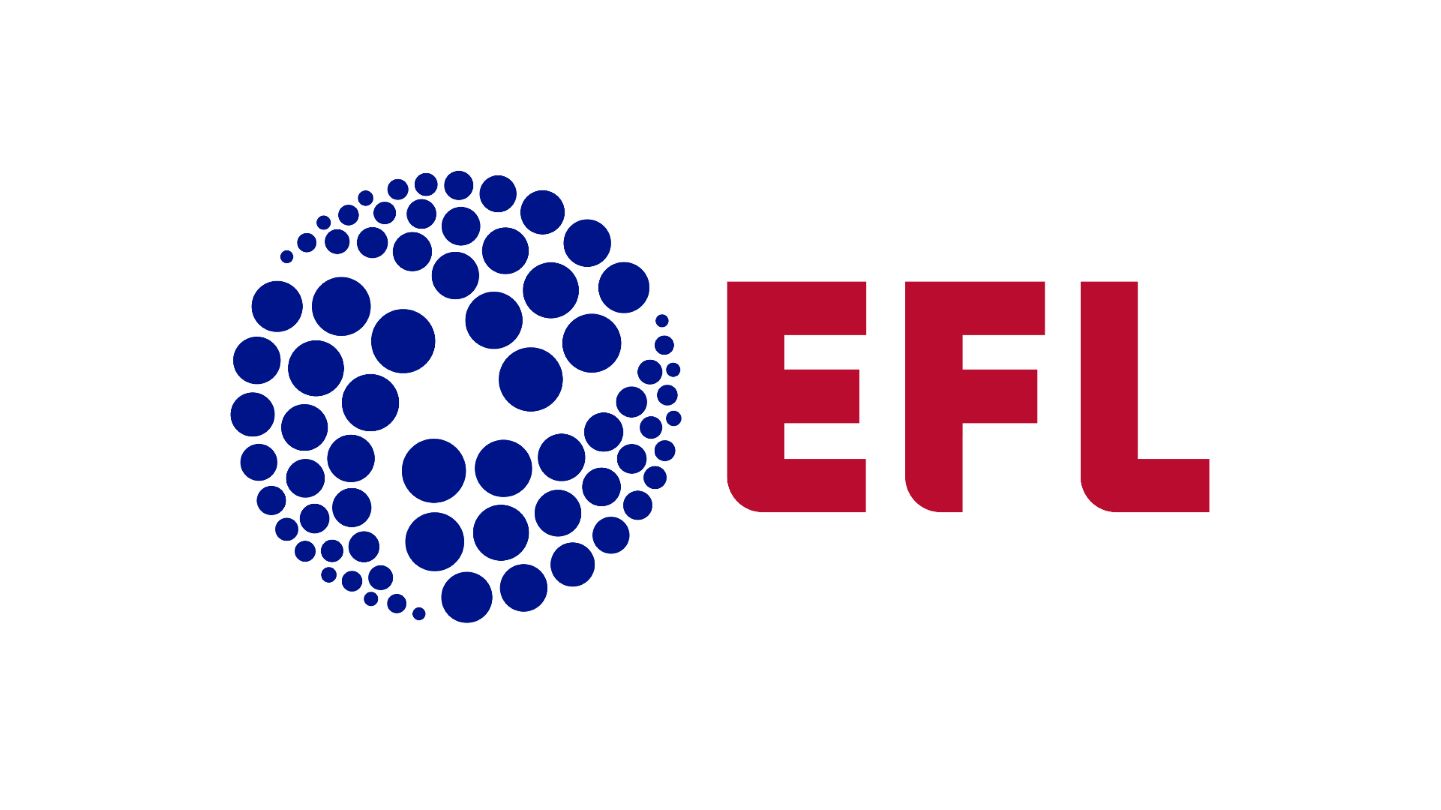Clubs in League One and League Two have today voted for the introduction of new financial controls in the form of ‘Squad Salary Caps’ into their respective divisions, which take effect immediately.
The decision follows extensive and comprehensive consultation with all clubs in respect of addressing sustainability and wage inflation issues across the EFL which were initiated prior to the suspension of football in March following the COVID-19 outbreak and have continued during the course of the summer.
Those discussions culminated in today’s divisional vote, with representatives of League One and League Two clubs opting to implement the new measures in place of the existing Salary Cost Management Protocols (SCMP), with fixed caps of £2.5million and £1.5million respectively.
Discussions continue with Championship clubs in respect to amendments to their own financial controls. League One and Two clubs are also going to continue discussions towards the introduction of additional measures aimed at addressing club financial sustainability.
When calculating total salary spending, the ‘cap’ includes:
• Basic Wages;
• Taxes;
• Bonuses;
• Image rights;
• Agents’ fees and;
• Other fees and expenses paid directly or indirectly to all registered players.
Payments directly linked to a club’s progression in cup competitions or promotion are excluded from the Cap, while any income generated from players going out on loan is deducted from the club’s Salary Cap calculation.
Transition arrangements have been incorporated in respect of a club’s squad salary cap calculation with the key element of these aimed at addressing committed contracts and relegated clubs.
Any contract entered into on or prior to today’s vote will be capped at an agreed divisional average until that contract expires. Moving forwards, clubs that are relegated will be permitted to cap all contracts at the divisional average prior to the club’s relegation until those contracts expire.
An ‘overrun’ concept is also included if a club’s total squad salary payments exceed the Cap by up to 5%, whereby dependent on the percentage level of the overrun, a financial penalty would be payable for every £1 in excess.
Clubs exceeding the ‘overrun’ would be referred to an Independent Disciplinary Commission, although the EFL will monitor the Cap on a real-time basis throughout the season as is the current position with SCMP measures across the two divisions. Where breaches do occur, sanction guidelines are in place to be considered as appropriate by an independent Disciplinary Commission.
EFL CEO, David Baldwin said: “The term ‘salary cap’ is an emotive one, creating the impression of a restrictive measure but we are clear in our view that this is neither the objective nor the likely effect of these changes to EFL Regulations.
"The financial impact of Covid-19 will be profound for EFL clubs and today’s vote will help ensure clubs cannot extend themselves to the point that could cause financial instability.
“Over the last two weeks the discussions amongst clubs in both Leagues One and Two have been healthy and constructive, allowing us to reach a clear consensus today and I am pleased that the clubs have determined to adopt the new approach.
"We will now work with all clubs, the PFA and, where appropriate, other stakeholders to implement the new rules and continue our efforts to bring long-term sustainability to the EFL.”
Carlisle United's chief executive Nigel Clibbens said: "The club considered the new proposals in detail very carefully and finally, on balance, we voted to support the proposals, and we are pleased to see them adopted.
"We did favour stronger measures than those that have gone forward to deal with the problems. The changes are by no means perfect and I personally have some serious concerns.
"They must be only the first small step and be quickly followed by much bigger strides to address the sustainability of spending, even at this permitted level.”
In terms of the impact on Carlisle United, he explained: “The £1.5m cap will not affect us in 20/21.
"It is well above what we can afford, even before Covid. If we increased our spending up to this cap, even in a normal year, it would worsen our position by increasing our current losses and it would be unaffordable.
"It is also well in excess of our spending in 19/20, and also below that of 18/19. That means that the cap set at £1.5m, along with the other spending allowances, has no impact on Carlisle United.
"Looking forward a couple of years, and when the transition period is over, it will have an impact on the behaviour of those clubs who do spend much more than us."
Confirming that he will be explaining in detail how the cap works in the coming days for the fans, he added: "The rules are technical as to what is included in the £1.5m, in terms of what you are allowed to continue to spend that doesn’t count at all in the total, also in relation to the transition from the old rules to the new regulations we have now voted on.
"The exceptions are significant and will change how clubs operate to gain best advantage from them – we have already seen this in the run up to this vote. The side effects on recruitment may surprise people – this won't just impact on spending levels.”
We'll have more from chief executive Nigel Clibbens on the detail of what this vote actually means on the official website next week.

